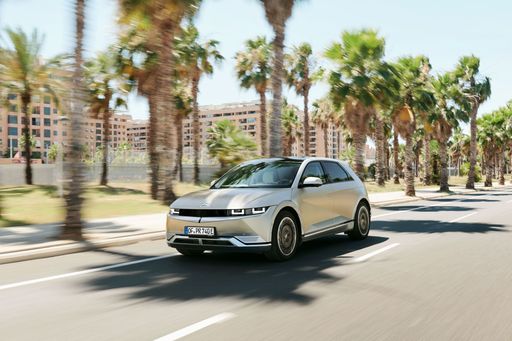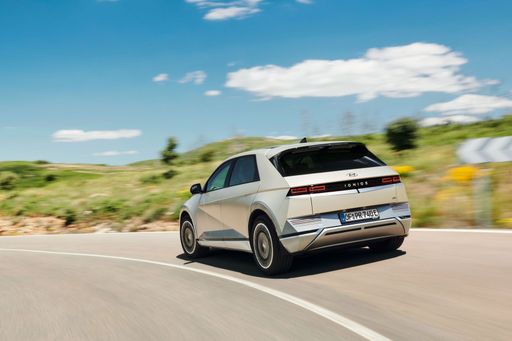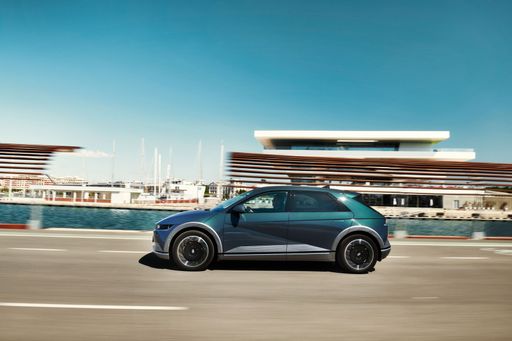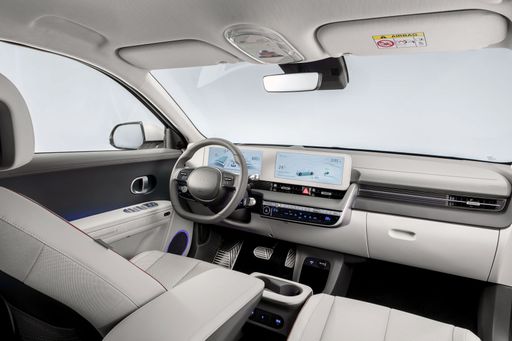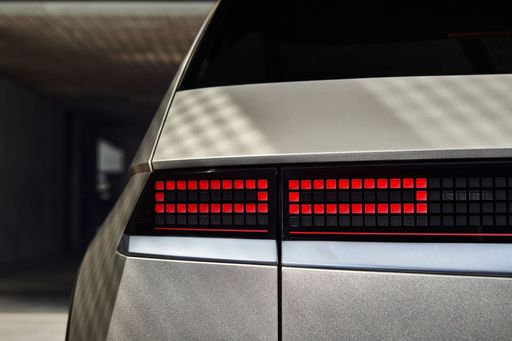Hyundai IONIQ 5 vs. Maxus Euniq 6: A Comprehensive Comparison
As the electric vehicle (EV) market continues to expand, several new contenders emerge, promising innovation, efficiency, and performance. In this article, we will compare two noteworthy electric SUVs: the Hyundai IONIQ 5 and the Maxus Euniq 6. With both models offering unique features and designs, understanding their technical aspects and innovations is essential for prospective buyers.

